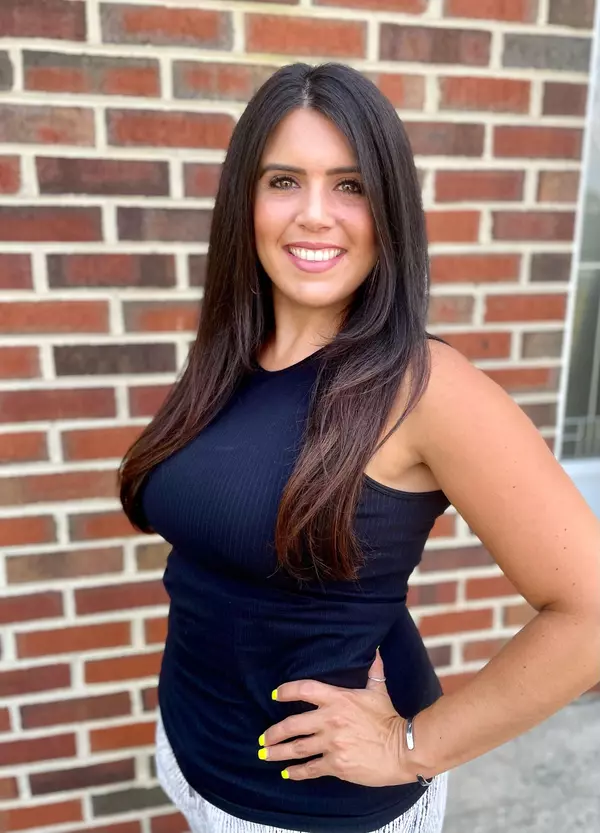What Your Realtor Wants You to Know: Buyer’s Edition

When you work with a realtor, you rely on them to guide you through the homebuying process. This can often be a confusing and stressful time, especially for first-time homebuyers.
While we know you’re not an expert at this stuff—that’s what we’re here for—we do want you to be as prepared as possible before jumping into the process. This will alleviate a lot of the stress you may feel, and it will keep you from running into any hiccups as you eagerly await the keys to your new home.
Here are three things your realtor wants you to know before you work with them.
Get Pre-Approved by a Lender First
Many first-time homebuyers aren’t aware that the first step in the homebuying process isn’t speaking to a realtor: it’s speaking to a lender and getting pre-approved for a loan.
It’s important to speak to a lender before touring any homes because a lender will tell you what you can afford to buy. A lot of buyers will use online affordability calculators, like the ones found on homebuying sites, to figure out how much they can afford to spend each month. However, these tools aren’t accurate, and you may actually be able to afford a lot less—and sometimes even a lot more—than this given estimate.
Not only will your lender tell you how much you can afford to spend on a home, but they will also tell you which loans you qualify for. This is important for a few reasons:
-Some sellers will only accept offers from buyers approved for conventional loans.
-Different loans provide different benefits. You’ll want to know what benefits you’ll receive before looking at properties, as these factors could affect your decision when putting an offer on a home.
-Certain loan types are stricter about what properties you can buy.
Touring a home without knowing your budget and the loan for which you will be approved will only waste your and your agent’s time. This is why many agents won’t work with a buyer who isn’t pre-approved for a loan. These buyers aren’t viewed as serious buyers, and agents don’t want to waste their time researching and showing properties to people who aren’t actually going to put an offer on a home.
Often, sellers will require a buyer’s pre-approval letter from their lender before accepting their offer. So, if you’re serious about putting an offer on a home, having your pre-approval letter ready will speed up this process. In the event of a multiple-offer situation, this could be the difference between snagging and missing out on your dream home.
If you’re not familiar with local lenders, you can always ask your realtor for a list of trusted lenders in the area.
Have Money Set Aside
While it typically costs less to buy a home than it does to sell one, there are still some expenses you’ll need to be ready for.
Upfront Costs
Set aside your earnest money deposit before making an offer on a home. This deposit could be anything from a couple hundred dollars to a couple thousand dollars and lets the seller know that you are serious about buying their home. If you break your contract, the seller will typically get to keep this deposit. You will need to deliver it to the closing attorney within a specified number of days after your contract is ratified.
You’ll also need to set aside money for your home inspection and any anticipated home repairs. Home inspections generally cost a few hundred dollars, depending on a few factors, such as location, square footage, and which inspector you choose.
Cash to Close
Ultimately, your two biggest expenses will be your down payment and closing costs, both of which will be paid at closing.
While a typical down payment for a conventional loan is 20% of the home’s purchase price, it’s possible to pay as little as 3% down. Some loans require no down payment at all. Your lender will discuss the options with you.
For your closing costs, which cover expenses related to the origination of your loan, you can expect to pay around 5% of your loan amount, though this number will differ depending on a few factors.
Make sure you deposit the money you anticipate to spend on your down payment and closing costs into a separate account and leave it untouched until closing. You’ll need a cashier’s check or certified check at closing, or you can wire transfer the money to your lender prior to closing.
Don’t Make any Big Purchases Before or During the Homebuying Process
The last thing we want you to know is that you shouldn’t make any big purchases before putting an offer on a home or during the underwriting process.
A lot can happen in the weeks or months leading up to closing. If your financial situation changes and your risk for defaulting on your loan increases, your lender may not grant you a loan. Your lender will check your credit score the week leading up to closing to ensure nothing has changed and greenlight your loan approval.
Be especially prudent during the holidays. If you’re looking for a home in November or December, you’ll want to be extra careful about your holiday spending. Don’t open a new line of credit or close a current one, and refrain from purchasing any big-ticket items until after closing. It may be tempting to buy your spouse a new car for Christmas, but just remember—a new home is even better.
Now that you’re properly prepared for the homebuying process, contact one of our agents to start looking for your new home.
Recent Posts










GET MORE INFORMATION

